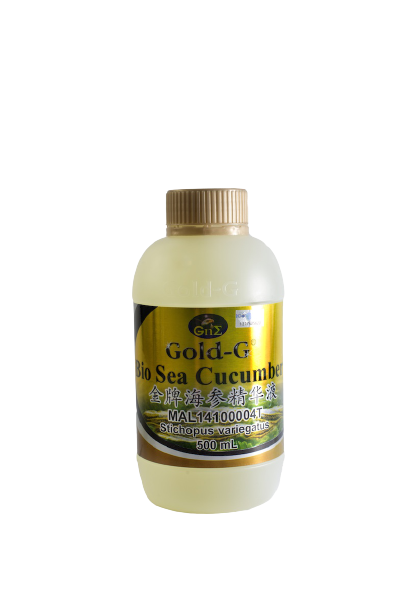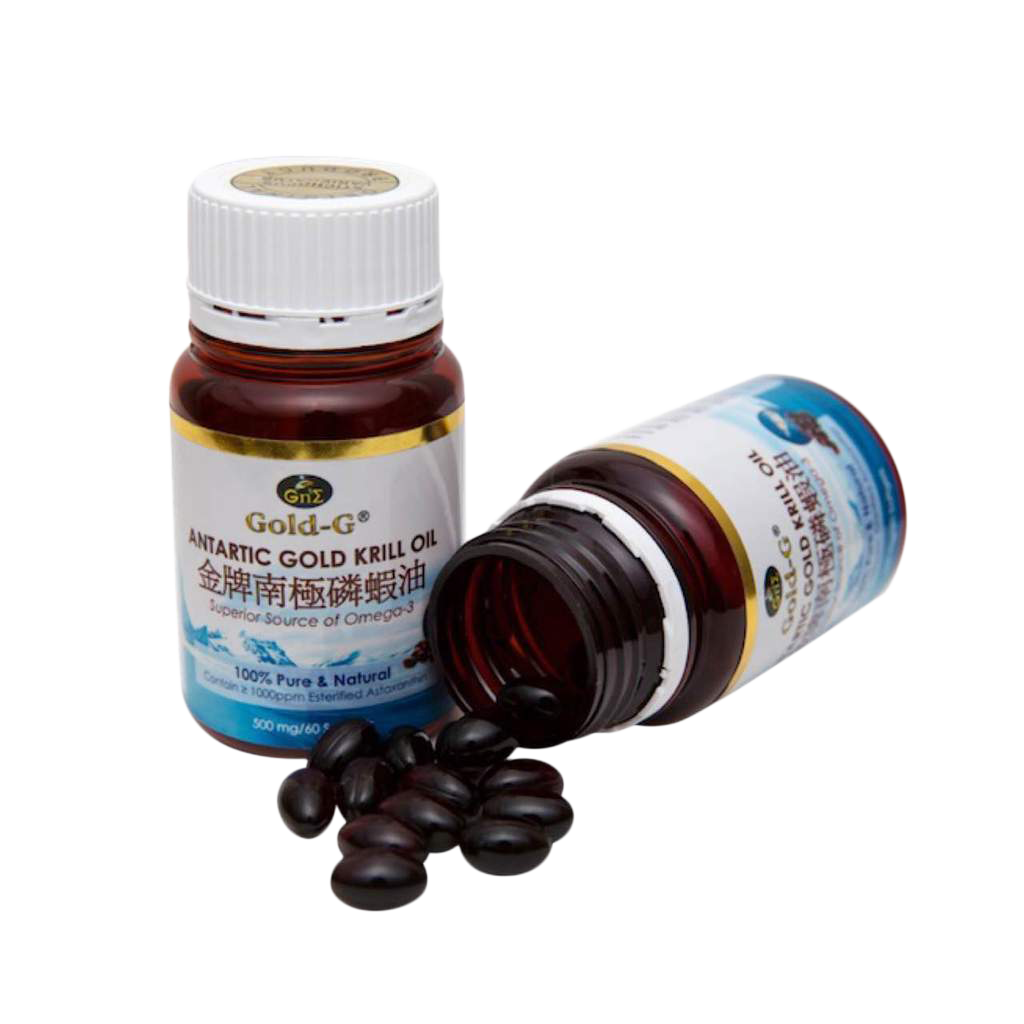Sleep deprivation is not a disease nor illness, it is a condition that occurs where a person does not have enough sleep. Sleep deprivation has become a common health problem for many people in recent years. The amount of sleep recommended by the American Academy of Sleep Medicine (AASM) for adults aged 18 years or older is 7 to 8 hours a day, but many people are trying to adjust their schedule to get as much done as possible by sacrificing sleep. Although the amount of sleep that a person needs might be varied from person to person, insufficient sleep or sleep deprivation might worsen the body’s health and lead to chronic health problems.

Sign and symptoms:
- Daytime sleepiness
- Drowsiness
- Fatigue
- Inability to concentrate
- Impaired memory
- Mood irritability
- Lack of motivation and energy
- Reduce physical strength
The initial symptoms of sleep deprivation are minor, sleep prior to deprivation or naps during deprivation may help to reduce the effects of sleep deprivation.
However, long-term sleep deprivation will weaken the body’s immunity and might increase the risk of several medical conditions, which include depression, mental illness, obesity, cardiovascular diseases, diabetes, and potentially life-threatening complications, such as car accidents, insomnia, sleep apnea, narcolepsy, and hallucination.
Risk factors
Aging: Older adults, especially those older than 65’s is more likely to have a harder time falling asleep and more trouble staying asleep than younger adults.
Occupation: People who perform shift work, multiple jobs, or working in a profession that has demanding work hours, the person might have a schedule that conflict with their internal body clocks, hence they have limited time available for sleep.
Personal obligation: Sleep deprivation can occur when a person restricted sleep time while providing home care for relative with chronic illness, or to get as much done as possible.
Health problems: People who have certain health problems such as stress, anxiety, a sleep disorder that could cause insufficient sleep, including insomnia, sleep apnea, narcolepsy, and restless legs syndrome.
Medications: Some medical conditions or medicines taken could interfere with sleep.
Prevention and management
Stick to a consistent sleep schedule every day. Go to bed and wake up at the same time or limit the difference to no more than one hour every day to maintain the body clock’s sleep-wake rhythm.
Keep the bedroom with a comfortable sleep environment. The bedroom that is comfortable for sleeping should be quiet, dark, and cool. The bedroom that is too hot or too cold can disrupt sleep; If necessary, having a dim night light is in the bedroom is fine.
Spend the hour before bed for quiet time. Avoid bright artificial light from TV, computer, or smartphone. This light may signal the brain to stay awake. You may read a book or write a diary, take a warm bath, or meditate if you are having trouble sleeping.
Regular exercise at least five to six hours before bedtime. Spend about 20 to 30 minutes for regular exercise every day and be physically active would likely to make you fall asleep at night.
Avoid caffeine and nicotine. Both caffeine and nicotine are stimulants that can interfere with sleep, whereby the effect of caffeine can last for about 8 hours. Hence, quit smoking is always recommended. Also, avoid or reduce consumption of food and beverages that contained caffeine in the late afternoon, such as coffee, tea, caffeinated soda, energy drink, chocolate, etc.
Stop eating when it is close to bedtime. Avoid large or heavy meal 2 to 3 hours before bedtime, and avoid food that can cause heartburn, such as spicy or fatty food.
Consume sleep-promoting food.
Almond and walnut: both almond and walnut are rich in melatonin, which is the hormone that regulates the sleeping and waking cycle in the body.
Warm milk: milk contains tryptophan, calcium, vitamin D and melatonin, these components are helpful in promoting sleep.
Chamomile tea: chamomile tea contains a flavonoid, apigenin, which may provide a sleep-inducing effect.
Fatty fish: fatty fish contains vitamin D and Omega-3 fatty acids that can help to regulate serotonin, which is a hormone that helps in the synthesis of melatonin that is responsible for sleeping and waking cycle in the body.
Honey: honey contains natural sugar which raises the insulin slightly and allows tryptophan hormone to enter the brain, which will induce sleep and promote relaxation.
GNE Gold-G® Health Food Series:
Gold-G® Bio Sea Cucumber:
Gold-G® Bio Sea Cucumber is one of the best natural health food products, which contained 25% sea cucumber (Stichopus variegatus) extract. Sea cucumber is rich in pharmaceutical active components that provide beneficial health effects for maintaining brain health and improve sleep quality, such as cerebrosides, arginine, taurine and omega-3 fatty acids.
There are research studies found that sea cucumber contains several valuable amino acids, which including glycin, glutamic acid, aspartic acid, alanine and arginine. Among these amino acids, arginine was known to improve sleep and reduce negative effects of sleep deprivation. Besides, sea cucumber also contains cerebrosides, taurine and omega-3 fatty acids which have neuroprotective effect and may improve sleep.
Gold-G® Gold Tualang Honey:
Tualang honey is raw honey harvested from Malaysia’s tropical rainforest.
Honey could improve sleep by supplying the body with glucose, which will be converted into glycogen and store in the liver. During the body asleep, blood glucose level will drop, less glucose remaining in the blood, the brain will obtain the glucose by converting the glycogen store in the liver, so the brain will not run out of energy (glucose).
Consume honey before bedtime could raise insulin level and release the tryptophan into the brain. Tryptophan stimulates production of serotonin, which will be converted into melatonin that regulates the sleep cycle.
Gold-G® Antarctic Gold Krill Oil:
Krill oil is a increasingly important source of omega-3 fatty acids specific for DHA and EPA.
Omega-3 fatty acids are one of the nutrients that could improve sleep. According to a study by the University of Oxford (2014), higher levels of omega-3 DHA, the long-chain fatty acids found in algae and seafood, are significantly associated with better sleep. With the consumption of omega-3 supplements, higher blood levels of the long-chain omega-3, especially DHA which is the main omega-3 fatty acid found in the brain, improved the sleep of children, with less bedtime resistance, parasomnias, and total sleep disturbance.
Click the link below for direct purchase.
References
- National Heart, Lung, and Blood Institute (NHLBI), (2018). Sleep Deprivation and Deficiency. Available at: https://www.nhlbi.nih.gov/health-topics/sleep-deprivation-and-deficiency [Accessed 6/4/2020]
- Columbia University Department of Neurology. Sleep Deprivation. Available at: https://www.columbianeurology.org/neurology/staywell/document.php?id=42069 [Accessed 6/4/2020]
- American Academic of Sleep Medicine (AASM), (2008). Sleep Deprivation. Available at: https://aasm.org/resources/factsheets/sleepdeprivation.pdf [Accessed 7/4/2020]
- Centers for Disease Control and Prevention (CDC), (2016). Tips for Better Sleep. Available at: https://www.cdc.gov/sleep/about_sleep/chronic_disease.html [Accessed 8/4/2020]
- Huizen J., (2019). The best foods that help you sleep through the night. Available at: https://www.medicalnewstoday.com/articles/324295 [Accessed 8/4/2020]
- Duncan L. (n.d). Honey’s Unknown Benefits. Available at: https://www.doctoroz.com/blog/lindsey-duncan-nd-cn/honey-s-unknown-benefits [Accessed 8/4/2020]
- University of Oxford, (2014). Higher level of omega-3 in diet are associated with better sleep, study shows. Science Daily. Available at: https://www.sciencedaily.com/releases/2014/03/140306103931.htm [Accessed 9/4/2020]
- Day C., (2020). Hoeny Before Bed: A Prescription for a Good Night’s Sleep. Available at: https://diethive.com/honey-before-bed/ [Accessed 9/4/2020]
- Lin FJ, Pierce MM, Sehgal A, Wu T, Skipper DC, Chabba R. Effect of taurine and caffeine on sleep-wake activity in Drosophila melanogaster. Nat Sci Sleep. 2010 Sep 24;2:221-31. doi: 10.2147/NSS.S13034. PMID: 23616711; PMCID: PMC3630960.
- Bordbar S, Anwar F, Saari N. High-value components and bioactives from sea cucumbers for functional foods–a review. Mar Drugs. 2011;9(10):1761-1805. doi:10.3390/md9101761 https://www.ncbi.nlm.nih.gov/pmc/articles/PMC3210605/
- Ahmadi, Sahar & Irandoust, Khadijeh & Taheri, Morteza. (2021). Effect of arginine supplementation following sleep deprivation on carbohydrate and fat metabolism, balance and fatigue index in female athlete students. 10.13140/RG.2.2.24065.58727. https://www.researchgate.net/publication/356568915_Effect_of_arginine_supplementation_following_sleep_deprivation_on_carbohydrate_and_fat_metabolism_balance_and_fatigue_index_in_female_athlete_students
This website does not provide medical advice. The content of this website, such as graphics, images, text and all other materials, is provided for reference and educational purposes only. The content is not meant to be complete or exhaustive or to apply to any specific individual’s medical condition. Always seek the advice of your doctor or other qualified health provider regarding a medical condition.







